Challenges in Obtaining a Gambling License
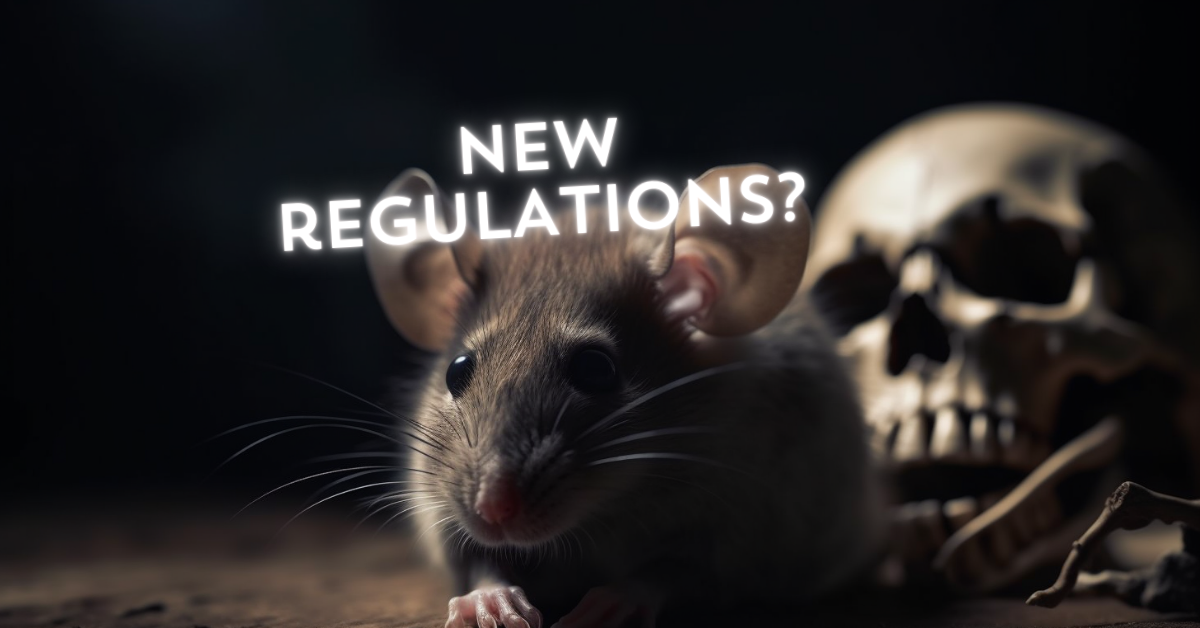
In the dynamic landscape of the gambling industry, obtaining a gambling license is a pivotal step for any business aiming to establish a legal and reputable presence. Navigating through the intricate process of acquiring such a license can be likened to a high-stakes game, with numerous challenges awaiting prospective licensees.
The Critical Importance of Compliance
Different regulatory authorities set different rules. In general, the stricter and more complicated the compliance process, the longer it will take to get your license.
Compliance is most difficult with local licenses in regulated jurisdictions. It’s not just the bureaucracy that significantly lengthens the process, but also budget requirements, “murky” shadow economy “rules and disappointing terms.
You may be asking yourself, “What could be more reputable than a local license from a regulated market?”
And you’re right – technically, nothing. In a perfect world.
The reality is that most politicians see the gambling business as a money-printing operation and base their decisions on this false assumption.
That’s why you may see one set of rules today and a year later a completely different set of rules to get a gambling license. Over the years, we’ve seen many cases where a once affordable license became 100 times more expensive in the blink of an eye. The consequences? Smaller companies are sold for pennies on the dollar to a handful of market leaders.
A good example of this is the Romanian gambling license. Once one of the cheapest and most popular licenses in Europe – today a “space shuttle” that no normal startup can afford. Another license is the Philippine Pagcor Offshore Gambling License, which requires an investment of at least USD 1.2 million per year.
The UKGC can probably be considered the most advanced license. It is required for all operators and platforms wishing to do business in the UK.
With advancements come complexities that raise the bar for any start-up. The rules can be so complicated that companies decide to abandon the application after they have started. Don’t forget that these rules are constantly changing, which only makes the already complicated compliance process even more chaotic.
Licenses for the so-called “legal gray” market are no walk in the park either.
The reason for this? Mostly politically backed decisions. Curacao’s new license, for example, is now much more expensive and much more complicated to obtain.
The once most popular license in the world is currently going through uncertain times and is led by a finance minister. The results remain to be seen, but the current trend shows that business owners are fleeing this country en masse for more affordable and “community-friendly” countries such as Anjouan and Tobique.
Achieving and maintaining a strict regulatory framework is definitely the cornerstone for obtaining a gaming license.
Regulatory authorities such as the United Kingdom Gambling Commission (UKGC) or the Malta Gaming Authority (MGA) lay down comprehensive guidelines to ensure the integrity and fairness of gambling. And they are very proactive in this regard.
Potential licensees must adhere to these regulations to the letter, demonstrating their commitment to responsible gaming practices.
Before you apply for a license, it’s important to assess the political situation in that country and understand the government’s “track record”. If you believe everything the regulator tells you on paper, you could be in a lot of trouble in the near future.
The Financial Vortex
One of the biggest challenges in getting a gambling license is proving financial viability and stability. Regulatory authorities examine the financial situation of applicants to ensure that they have the resources necessary to operate a sustainable and secure gambling enterprise. To this end, detailed financial reports, turnover forecasts and proof of sufficient capital reserves must be submitted.
What is so interesting about this? Well, firstly, the amount required to prove sufficient capital reserves can sometimes be higher than the cost of the license itself. For an Estonian gambling license, for example, you need to deposit EUR 1,000,000 into your business account. The license itself only costs a fraction of that. In our opinion, this is very smart.
Another challenge is that even if your numbers look good and the business plan is solid, those numbers mean nothing to the people in the commission if you don’t have a good team. The compliance department is made up of analysts. In most cases, they don’t have any business experience, just a rough knowledge of numbers that they deal with every day.
This means that this is not just a problem that requires a financial approach. The same numbers set by a solid team can be perceived differently by the commission than numbers from a one-man team.
Again, each regulator approaches this problem differently. Locally regulated markets can require hundreds of thousands and millions of euros (or dollars) to be set aside, frozen, or used as working capital.
International licenses such as the Maltese MGA or the Isle of Man have much higher requirements than the licenses of Anjouan, Tobique, or Kahnawake.
Stringent Background Checks
The issuance of a gaming license requires a thorough background and integrity check of the individuals and companies involved. Regulators conduct meticulous background checks on applicants, scrutinizing their criminal records, financial history and affiliations. This rigorous process aims to weed out potential threats to the integrity of the industry.
In some cases, the background of your spouse, your mom and your dog will also be checked. As well as every board member and director you have on your team.
So if your plan is to use some third-party to get the MGA license, you’re just wasting your own and other people’s time.
If you don’t think it’s fair, then just don’t start the business.
We’ve seen a lot of people try to exploit the system for their own gain. Crooks never get a license and aren’t respected by their business partners. Due to their nature, they accumulate a lot of problems as they progress and never get across the finish line.
Your customers trust their money for experience. You produce nothing tangible. So if you’re not willing to play fair in this game – you should never be a part of it.
Technical Infrastructure and Security
The digital age brings new challenges: the technical infrastructure and security precautions of online gambling platforms are under scrutiny.
In order to obtain a gambling license, state-of-the-art security protocols must be implemented to protect player data and ensure a fair gaming environment. Encryption standards, secure payment gateways, and robust firewalls are becoming critical components in the licensing equation.
Different regulators set different standards for operators, platforms, and software providers.
What works for the Anjouan or Tobique license will not work for the MGA or the UKGC license.
The only solution is to define the market you want to operate in. If you spread yourself too thin, your platform will not meet the regulatory requirements. As a result, your license may be revoked, which would destroy your business.
Responsible Gambling Practices
Regulators place great importance on promoting responsible gaming practices, and in order to obtain a license, you must commit to promoting a safe and ethical gaming environment. This includes introducing self-exclusion tools, setting deposit limits and providing resources to combat gambling addiction. Potential licensees must demonstrate that they are committed to mitigating the potential harms associated with gambling.
This is not the most complicated part of the business but is still overlooked by many. Various regulatory bodies will require you to provide accurate reports on your business and your players. If you fail to comply with this request, penalties will be imposed and your license will be revoked.
Geographical restrictions and Market Access
Another complex aspect of obtaining a gambling license is the complicated geographical restrictions. Different regions have different legal frameworks, and obtaining a license in one country is no guarantee of access to other countries. For a successful licensing strategy, it is important to know the intricacies of market access and possible restrictions.
In general, no regulator wants to mess with the US and UK governments. Simply because they will cause a lot of problems for the operators and regulators themselves. The truth is clear. The consequences of breaching this red line are severe.
Perhaps, this is also why many players in the US and UK use VPNs to play in international casinos and escape the “regulatory” agreements and rules. It’s just more fun for them to play on internationally licensed websites.
It is also true that various international licenses restrict the number of countries in which you can do business. Some of them only allow unregulated markets. Imagine investing a lot of money just to start your business in one country. You invest in licensing, set up a corporate structure, acquire the platform and connect payment providers. Only to realize that the market will be regulated in a few months and you’re back at the drawing board.
Exploring Gambling Licenses: Geography and Types
In the diverse realm of gambling, securing the right license is a pivotal step towards legitimacy. Different types of gambling licenses exist, each with its own set of regulations and geographic nuances. Let’s delve into some prominent licenses, including the Anjouan License, Tobique gambling license, Curacao gambling license, Kahnawake gambling license, and Isle of Man gambling license.
Tobique Gambling License
Tobique, a First Nations community in Canada, has its own legal framework for gambling. As with any jurisdiction, compliance with Tobique’s regulations is an essential requirement for obtaining and maintaining this license.
The Tobique license is a true successor to the old Curacao license. It also shares all the best practices of the once infamous jurisdiction, including, of course, jurisdictions.
This license has no insurmountable requirements in terms of the amount of start-up capital required, which, together with the Anjouan license, makes it the optimal choice for start-ups.
New Curacao Gambling License from the Gaming Control Board (GCB)
Curacao, a Dutch Caribbean island, was once what Las Vegas was for every striving entrepreneur. Most businesses wanted to be licensed in Curacao just like back in 1950’s every casino owner wanted to open operations in Las Vegas. Those days are over.
Curacao’s gambling license is currently undergoing some important regulatory changes. This affects all active operators, software providers and platform providers.
As a result, the cost of the new Curacao license cost (including compliance requirements and maintenance fees) will be around EUR 100,000 per year, which is definitely more than most startups expect.
The practical complications of compliance are not yet known. Just like the possible tax rates.
The list of permitted jurisdictions will most likely correspond to the Isle of Man’s gambling license list. This only proves that it is a completely new product, offering a much stricter framework and worse value for money for startups than the old license.
If you’re looking for a license that will give you an easy start, the new Curacao license is probably not the best option.
Anjouan Gambling License
This license is not new. It has been on the market for over ten years. In 2023, after the chaos with the changes to the gambling regulations in Curacao, it really took off.
Together with the Tobique license, the Anjouan license offers everything most start-ups need: a relatively simple compliance process, understandable prices and a plethora of permitted jurisdictions.
The Anjouan Offshore Financial Authority is responsible for overseeing certain aspects of online gambling licenses, while the Anjouan Betting and Gaming Board (ABGB) regulates the gaming and betting sector, which includes online casinos and sports betting platforms.
For most start-ups, this is definitely a “go-to” license.
Kahnawake Gambling License
Situated in Canada, the Kahnawake Mohawk Territory is known for its Gaming Commission, which issues the Kahnawake Gambling License.
This license is highly regarded in the online gaming community. Operators seeking this license must adhere to the strict requirements of the Kahnawake Gaming Commission to ensure a secure and fair gaming environment.
The licensing process is quite lengthy. To obtain the Curacao license, you must apply for the CPA and the KPP license to verify the background of each high-level manager and prove the integrity of your operation.
The Kahnawake license requires that your technology is installed in a local hosting center.
The cost of the license is in the mid-range between the MGA and Anjouan licenses. With all the steps required for compliance, it takes an average of 6-7 months for you to get the license.
Isle of Man Gambling License
The Isle of Man, a self-governing British Crown Dependency, offers a robust regulatory framework for gambling operations. The Isle of Man Gambling License is sought after by online gambling operators globally. Obtaining this license involves a thorough application process, demonstrating compliance with Isle of Man’s regulatory standards.
The compliance process is also no walk in the park and is not suitable for most start-ups that want to launch as quickly as possible without spending a lot of money on the licensing process.
Operators applying for a license should expect it to take between eight and twelve months before they can launch. Don’t be fooled by the information that it only takes twelve weeks – that’s the application process itself.
Certain team requirements, office requirements on the island, hardware and security requirements require careful planning and execution. Time flies and many things are required to comply with Isle of Man Gambling Supervision Commission regulations.
Permitted jurisdictions? The list changes regularly. It’s wise to get in touch with our team for more information.
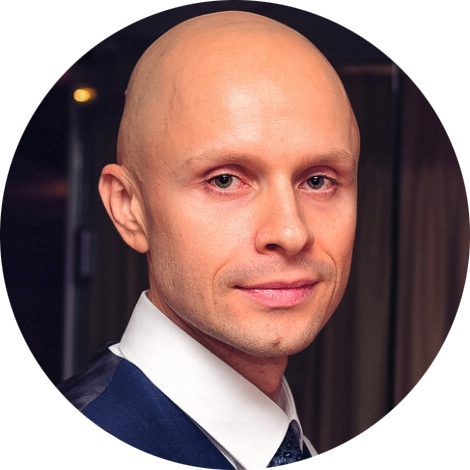

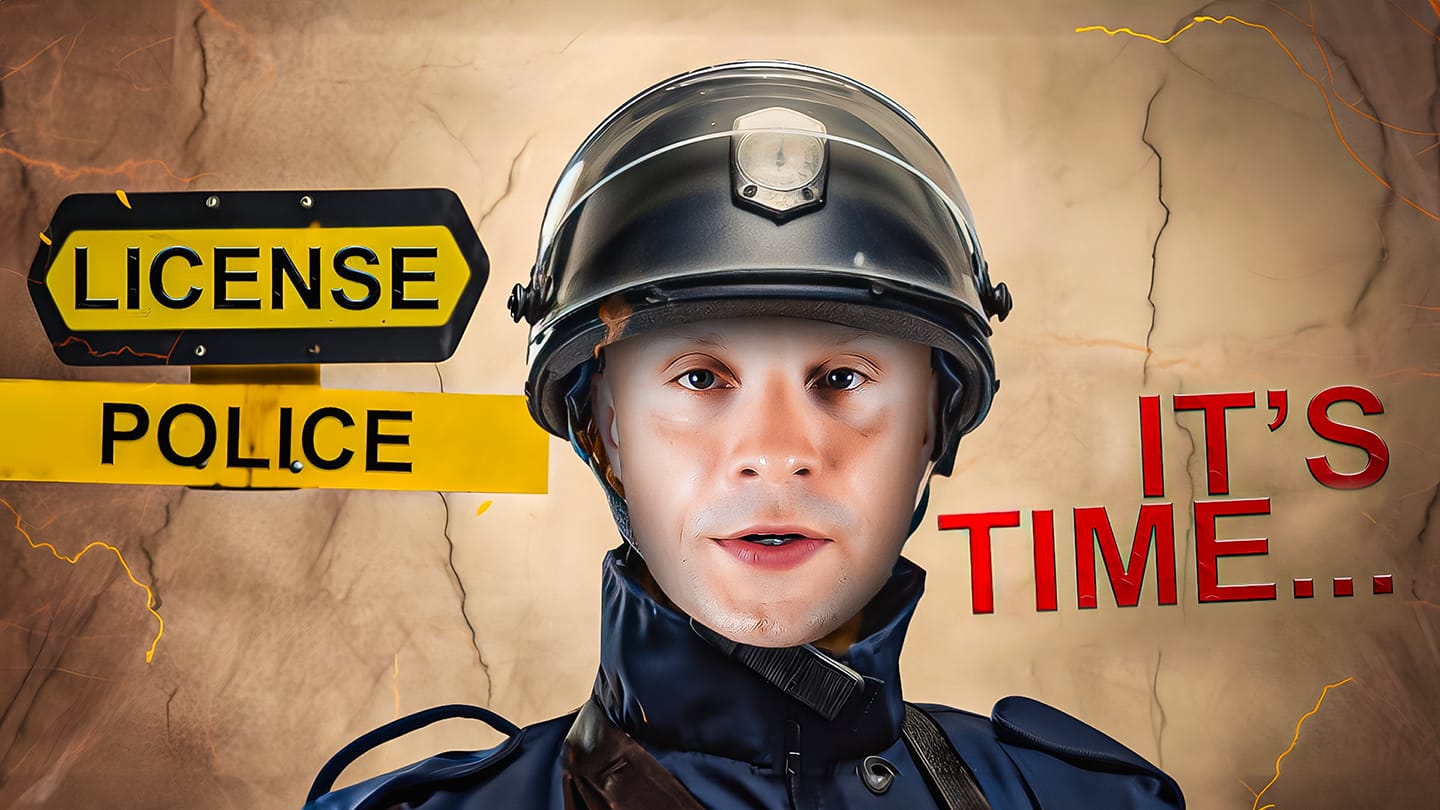
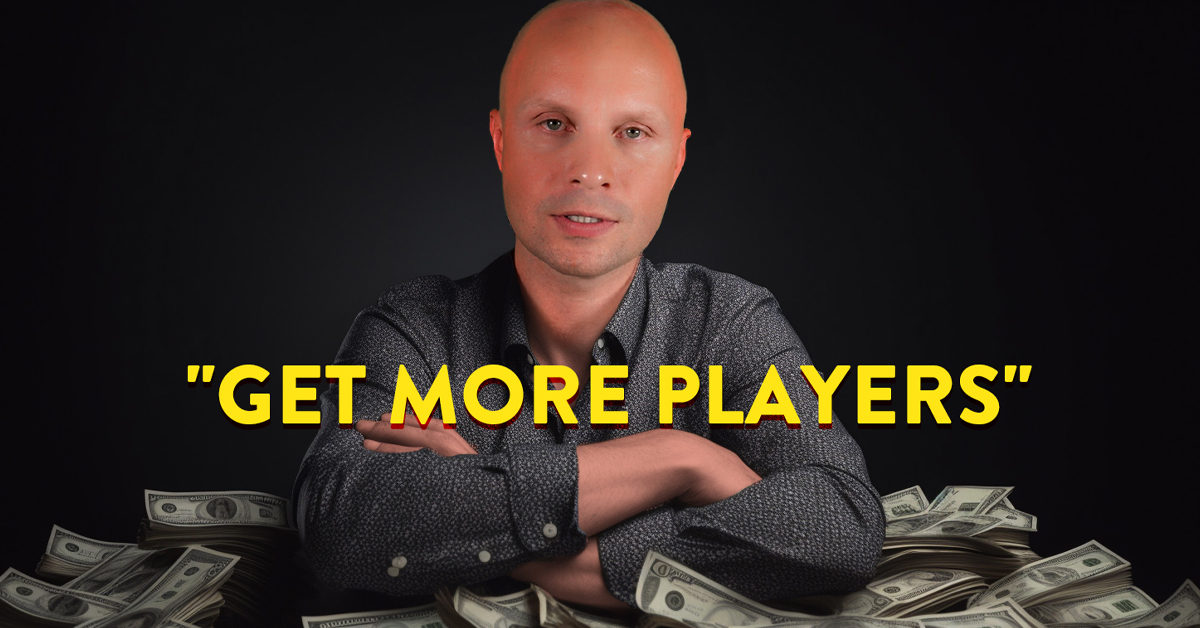
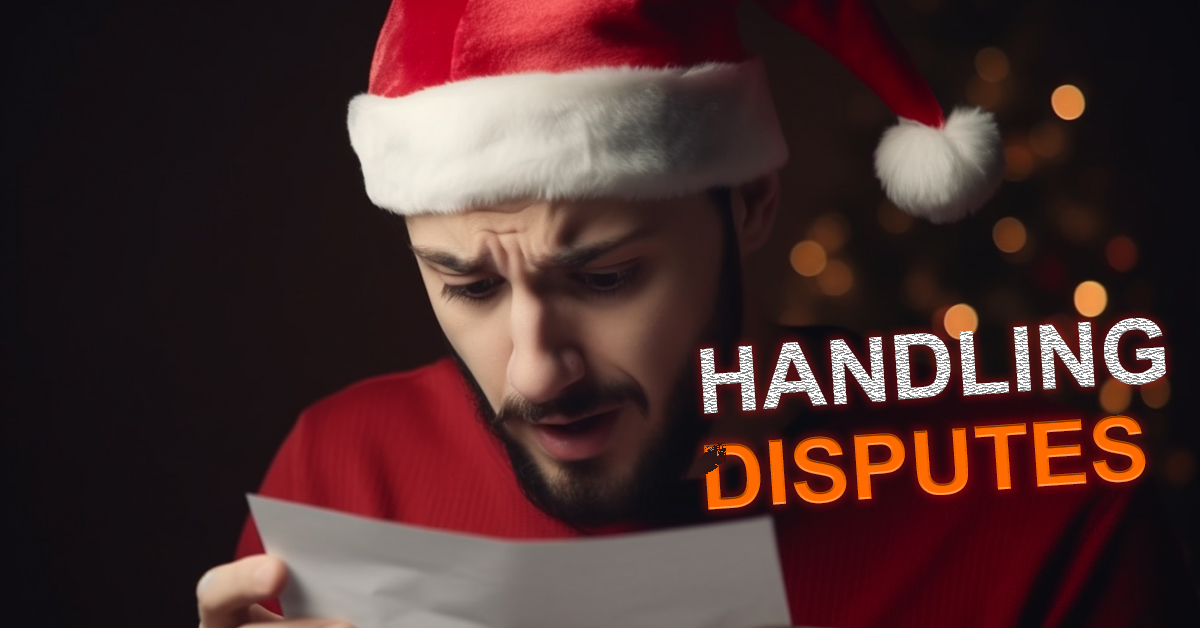
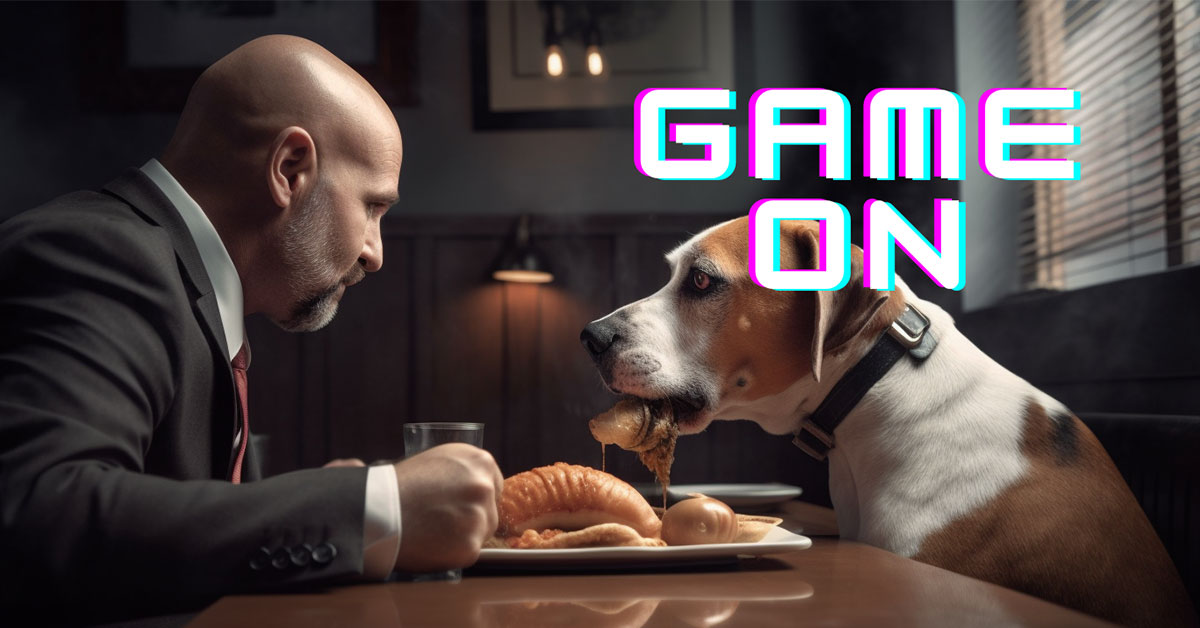
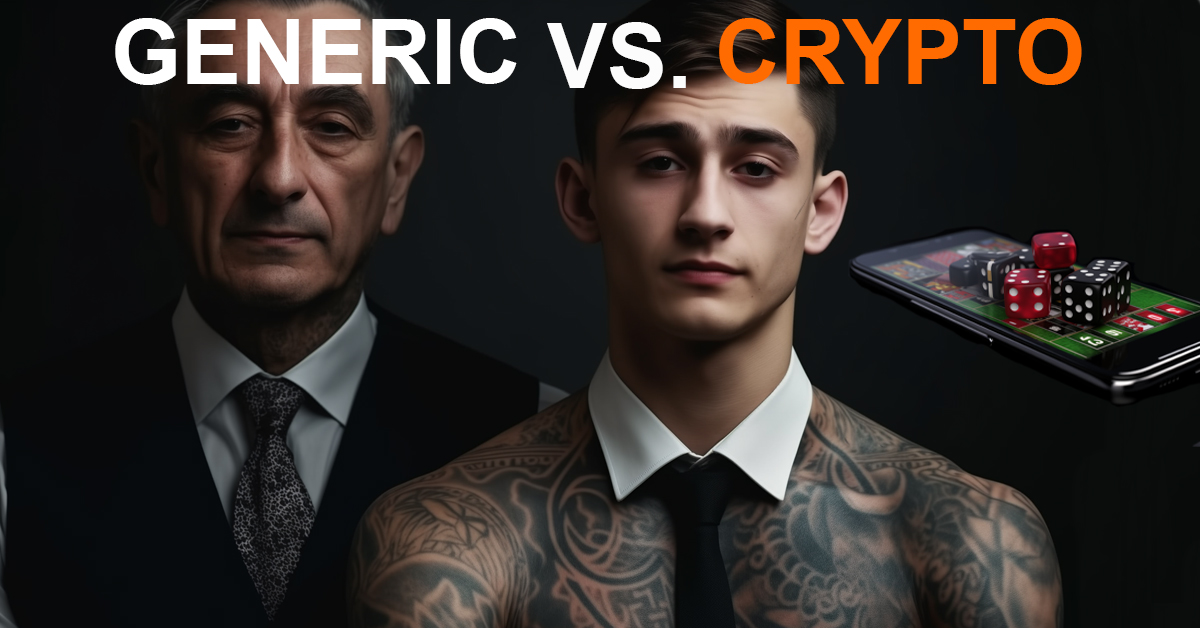
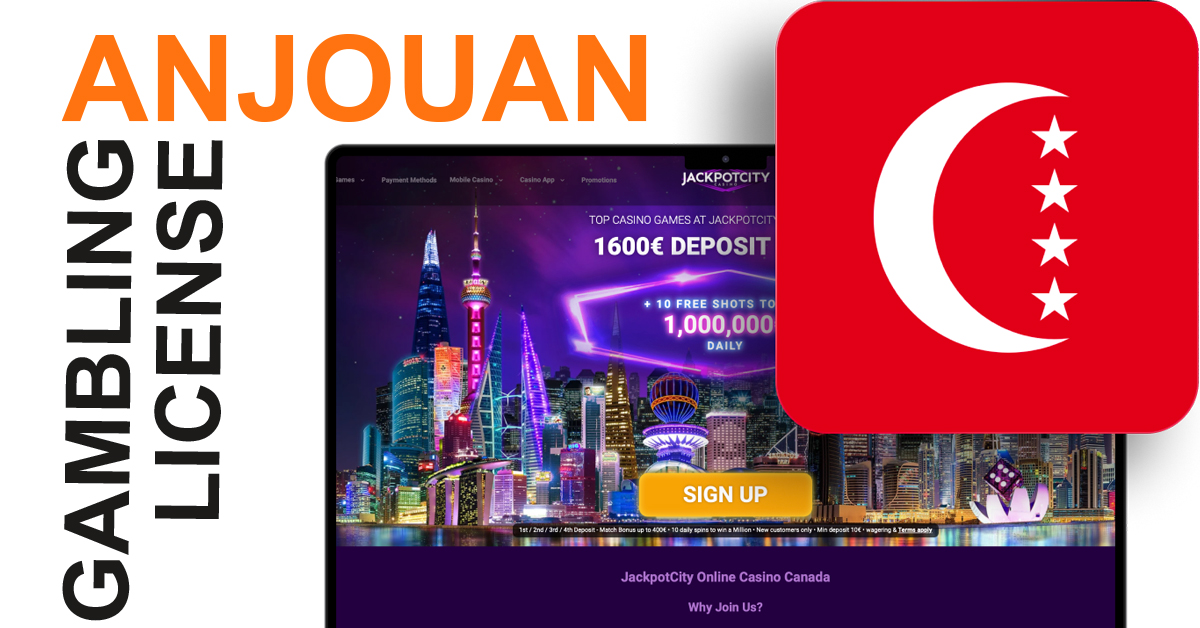
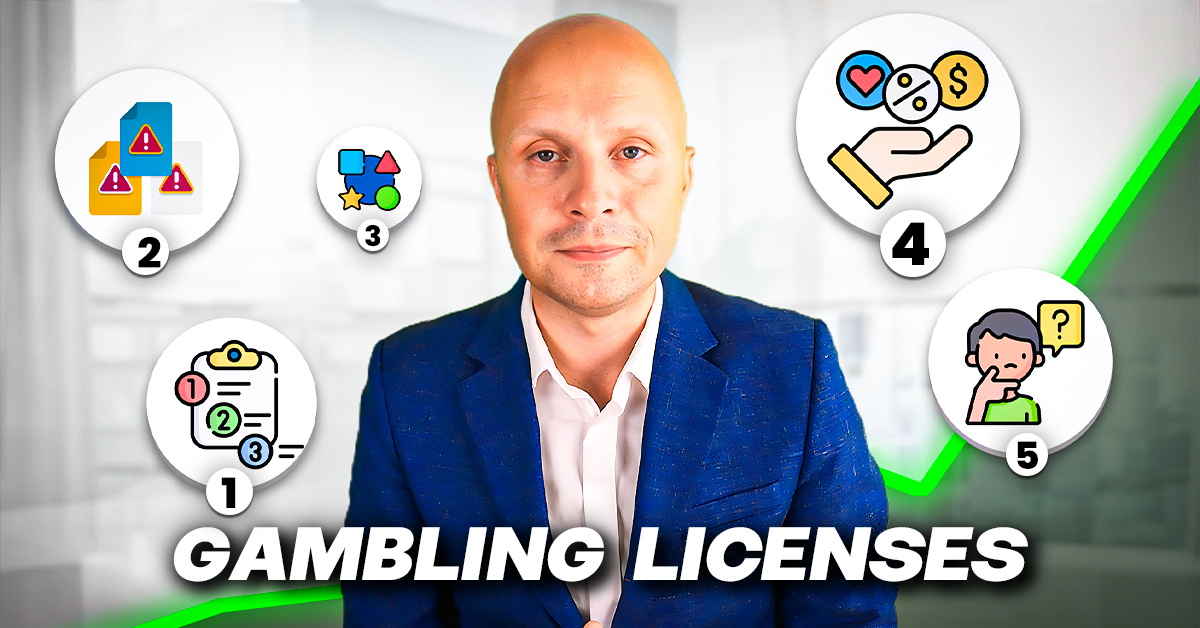
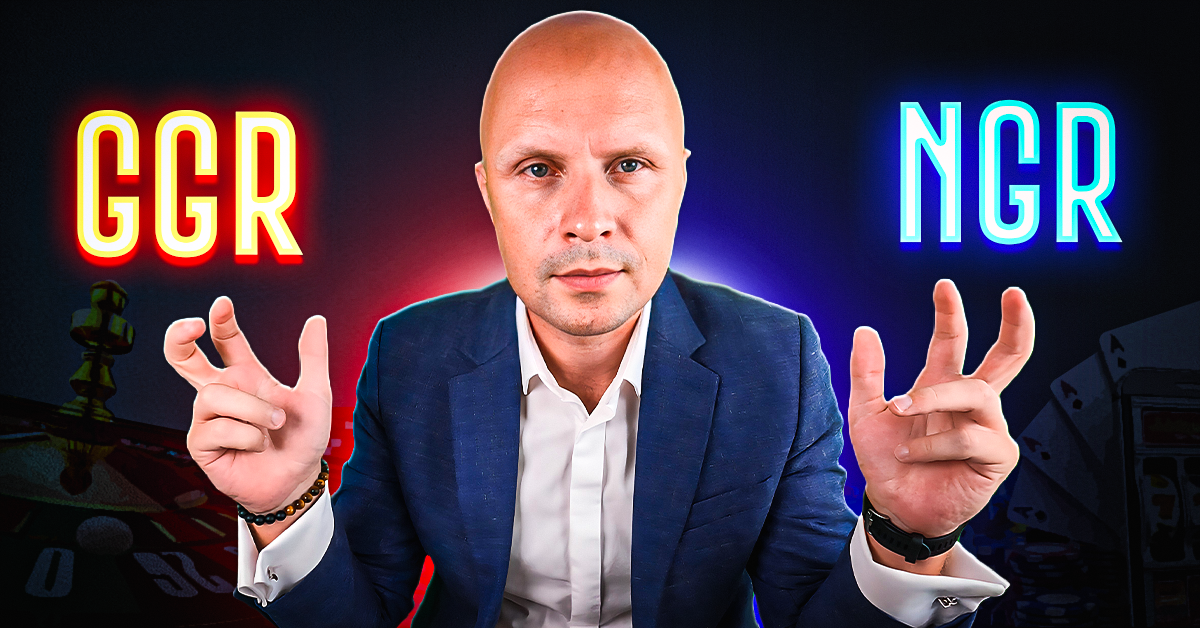
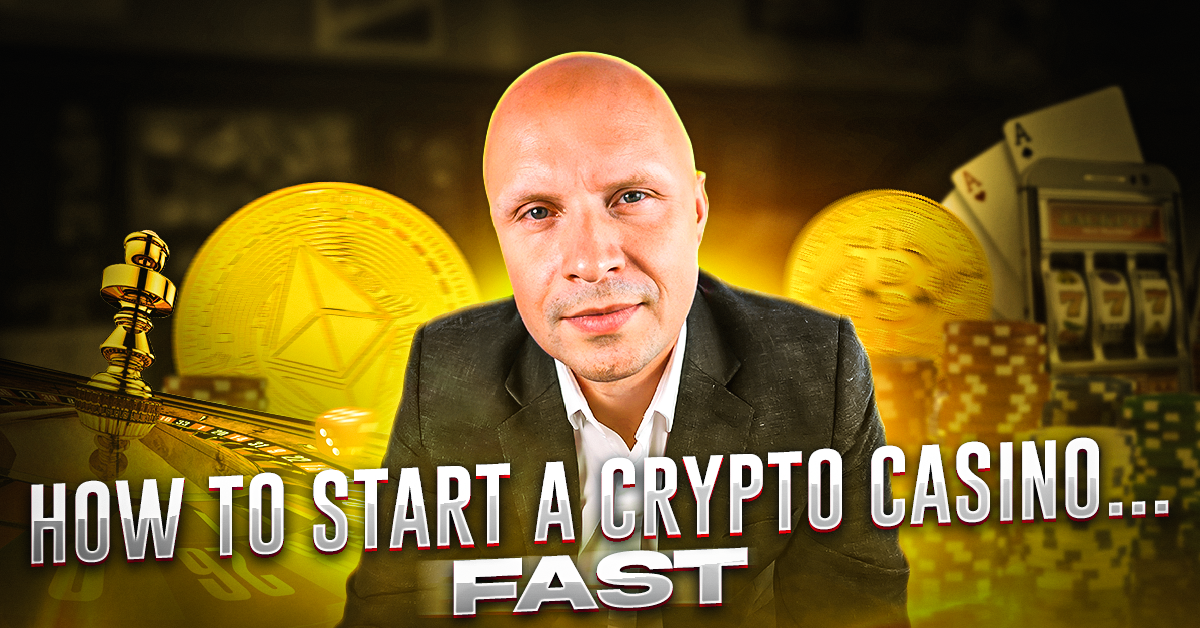

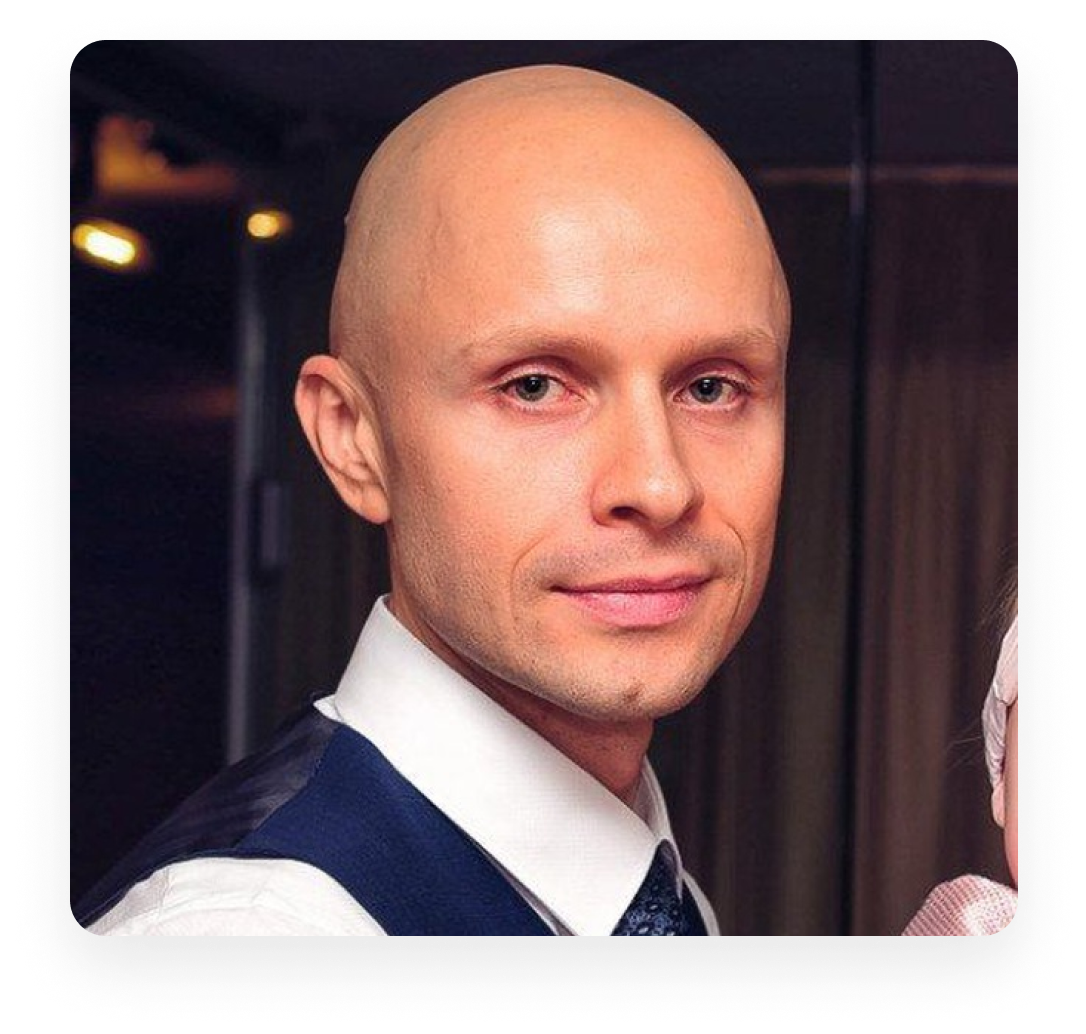
Comments(0)